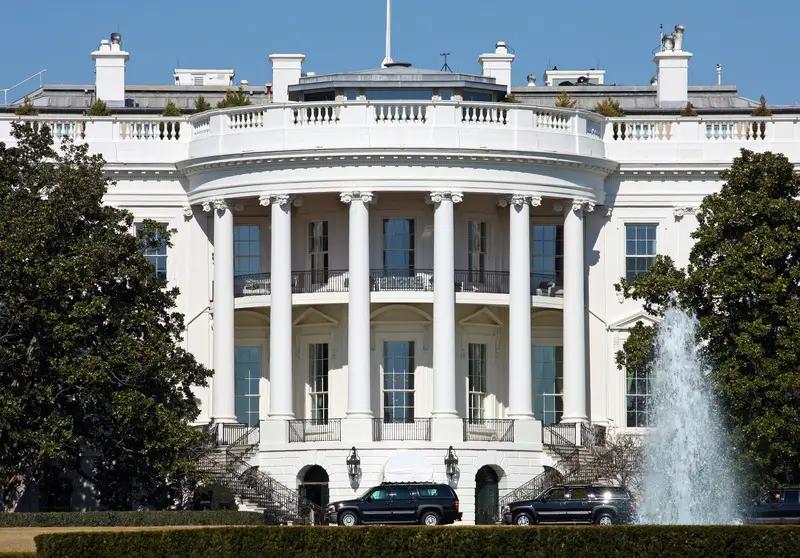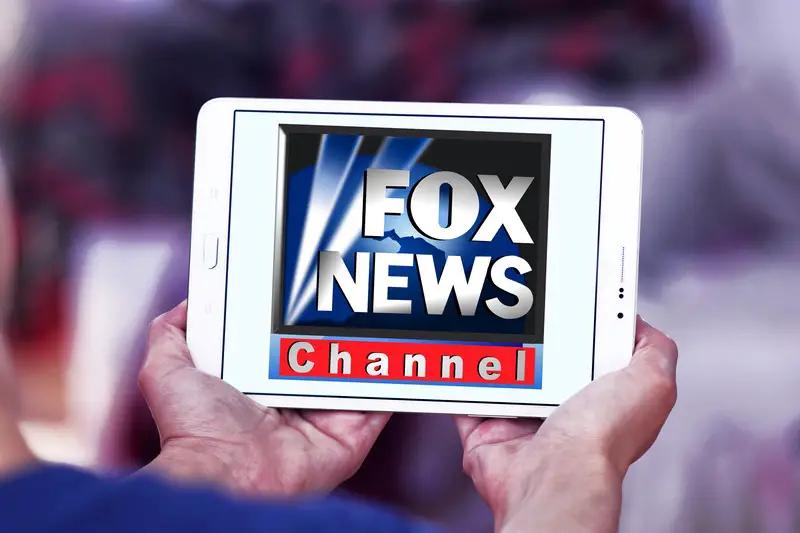On Monday night, August 25, President Donald Trump intensified his trade war rhetoric, warning he would impose “significant” new tariffs and limit semiconductor exports to nations that maintain digital taxes on U.S. technology companies.
In a late-night Truth Social post, Trump told countries they were “on notice” to remove what he described as unfair digital taxes or face economic consequences. His remarks targeted dozens of nations with such measures, especially in Europe, where countries like the United Kingdom, France, Italy, and Spain have applied levies to major tech firms, including Meta, Google, and Amazon.
“I am placing all countries with Digital Taxes, Legislation, Rules, or Regulations on notice that unless these discriminatory actions are eliminated, I, as President of the United States, will place substantial additional tariffs on that country’s exports to the USA,” Trump wrote Monday evening.
He also threatened to impose export restrictions on “our highly protected technology and chips,” indicating a willingness to use America’s semiconductor dominance as a bargaining tool in the dispute.
This warning came just days after Meta CEO Mark Zuckerberg met with Trump at the White House to discuss digital services taxes affecting the company’s overseas operations. According to people familiar with the talks, Zuckerberg voiced concerns over how these levies impact Meta’s business abroad.
Digital services taxes generally apply to the revenue large tech companies earn from users in a given country, even if the firms have little or no physical presence there. For example, the UK’s tax imposes a 2% charge on companies with more than £500 million in global revenue and over £25 million in UK revenue—thresholds that mostly affect large U.S.-based corporations.
Trump has long argued such taxes unfairly target American companies while sparing Chinese tech giants. In his Truth Social post, he claimed these policies “shamelessly give a free pass to China’s biggest tech companies.”
The move marks a sharp escalation in Trump’s ongoing trade battles and risks tensions with close allies. The European Union has already rejected his demands, with European Commission spokesperson Thomas Regnier stating that altering regulations like the Digital Markets Act and Digital Services Act “is not on the table” in current trade discussions.
The latest threat follows a familiar playbook from earlier in Trump’s presidency. In June, he convinced Canada to drop its planned digital services tax after warning he would halt trade negotiations. At the time, White House Press Secretary Karoline Leavitt said Canadian Prime Minister Mark Carney ultimately “gave in” to Trump’s pressure.
Restricting semiconductor exports could carry major consequences, given the U.S. lead in advanced chip design and manufacturing. Such a move could disrupt countries that rely heavily on American technology for artificial intelligence, 5G networks, and other vital industries.
Trump’s hardline approach to digital levies reflects his broader “America First” trade policy and determination to shield U.S. tech firms from what he considers unjust foreign taxes. He has repeatedly framed these measures as direct attacks on U.S. innovation and economic strength.
The timing coincides with slow-moving talks at the Organization for Economic Cooperation and Development to establish a global tax system that would replace individual national digital taxes. Trump’s recent statements suggest he is unwilling to wait for an international consensus.
European leaders, stressing the importance of “digital sovereignty,” appear reluctant to back down, paving the way for a potential clash between Trump’s trade strategy and Europe’s regulatory priorities. The dispute could affect billions of dollars in trade across the Atlantic.
As Trump signals readiness to follow through, the global tech sector faces growing uncertainty, fueled in part by an administration communication style that critics say leaves businesses, governments, and allies unsure whether such threats represent official policy or merely negotiating tactics.







